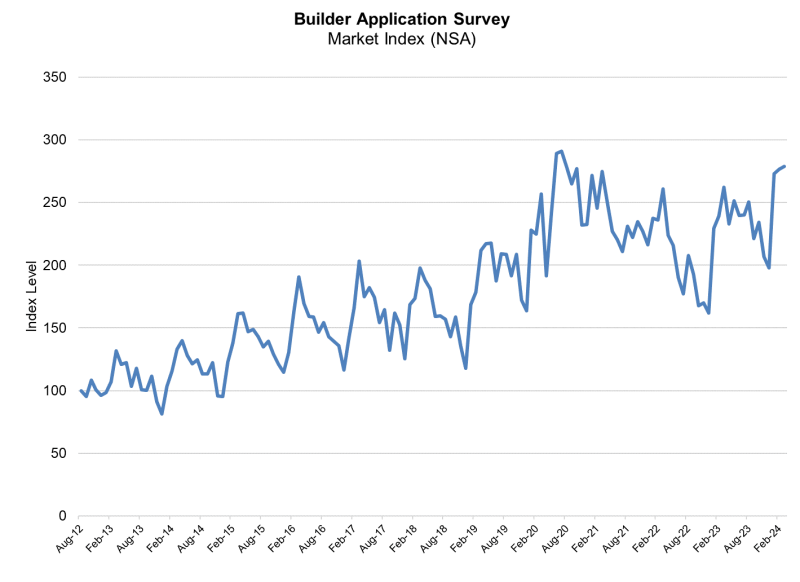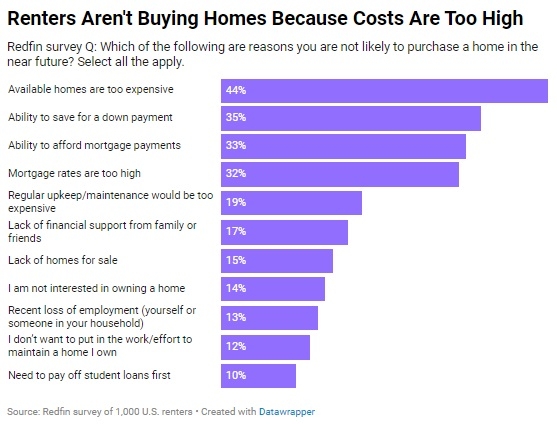Advertisement
CFPB Officially Opens for Business

The Consumer Financial Protection Bureau (CFPB) officially opened for business on Thursday, July 21st, launching functions and issuing a variety of required rules and reports that represent important steps in making the CFPB operational and effective from the start. “Two years ago, the consumer agency was just barely an idea. A year ago it became law. And this week, the CFPB will open its doors and begin to make a difference in the marketplace,” said Elizabeth Warren, Special Advisor to the Secretary of the Treasury on the CFPB. “This agency is ready to be a cop on the beat for American families—and I couldn’t be prouder.”
The CFPB is sending introductory letters to the chief executives at depository institutions, generally large banks and their bank affiliates, that are subject to CFPB supervision. These letters, which outline the agency’s approach to supervision and examination, mark the beginning of the CFPB’s regular communications with the institutions it will supervise. In addition, the CFPB’s enforcement team is ready to begin enforcing federal consumer financial laws, when necessary.
The CFPB’s Consumer Response Center began accepting credit card complaints today on its newly redesigned Web site, ConsumerFinance.gov, and through a toll-free number. It will also refer distressed homeowners to housing counselors via the Homeowner’s HOPE Hotline. Over the coming months, the agency will expand its Consumer Response Center to handle complaints about other consumer financial products and services under its
jurisdiction.
To enable the CFPB to perform its functions under the Dodd-Frank Act, the agency will publish the following:
►A final list of the regulations of the transferor agencies that will be enforceable by the CFPB, as required by Section 1063(i) of the Dodd-Frank Act.
►A series of interim rules to create records and information procedures. These include rules to implement the Privacy Act and the Freedom of Information Act, and to establish a process by which parties may seek testimony or records from the CFPB for use in litigation. Also included are confidentiality rules, required by the Dodd-Frank Act, describing how the CFPB will treat information it obtains.
►An interim rule, implementing Section 1052 of the Dodd-Frank Act, concerning the CFPB’s conduct of investigations of potential violations of any provision of federal consumer financial law. The rule includes procedures for issuing civil investigative demands for information and responding to such demands. This rule is based on similar rules issued by the prudential regulators, the Federal Trade Commission, and the Securities and Exchange Commission. The Bureau also intends to establish and make public procedures that will typically allow companies and individuals against whom it intends to bring charges to comment on those proposed charges before they are filed.
►An interim rule providing for a fair and expeditious process for the resolution of administrative enforcement actions, as required by Section 1053(e) of the Dodd-Frank Act. The rule sets forth procedures for the CFPB to conduct administrative enforcement proceedings. These procedures govern the filing of administrative charges, pre-hearing procedures, the conduct of hearings, the entry and appeal of recommended decisions, and final decisions and orders of the CFPB. This rule is based on similar rules of practice issued by the prudential regulators, the Federal Trade Commission, and the Securities and Exchange Commission.
►An interim rule specifying procedures for state officials—such as attorneys general—to notify the CFPB of actions or proceedings they undertake to enforce Title X of the Dodd-Frank Act, as required by Section 1042(c) of the Act. This rule will help to ensure that the CFPB is aware of actions being initiated under Title X and that the law is being enforced in a consistent and efficient manner.
In addition, the following reports were required by Congress and issued by the CFPB this week:
►A report examining the differences between credit scores sold to consumers and scores used by lenders to make credit decisions. The report covers the process of developing credit scoring models, why different scoring models may produce different scores for the same consumer, how different scoring models are used by creditors in the marketplace, what credit scores are available to consumers for purchase, and ways that differences between the scores provided to creditors and those provided to consumers may disadvantage consumers. The report is required by Section 1078(b) of the Dodd-Frank Act.
►A report that recommends principles for maximizing transparency and disclosure of exchange rate information for consumers making remittance transfers, and examines the incentives and challenges related to using remittance data in credit scores. The report is required by Section 1073(e) of the Dodd-Frank Act.
►A report on three plans pertaining to the CFPB staff: (1) a training and workforce development plan, including an identification of skill and technical expertise needs, a description of the steps taken to foster innovation and creativity, and a leadership development and succession plan; (2) a workplace flexibilities plan covering items such as telework, flexible work schedules, and parental leave benefits; and (3) a recruitment and retention plan that includes provisions on targeting highly qualified applicant pools with diverse backgrounds, streamlined employment application processes, and the collection of information to measure indicators of hiring effectiveness. The report is required by Section 1067(b) of the Dodd-Frank Act.
About the author





